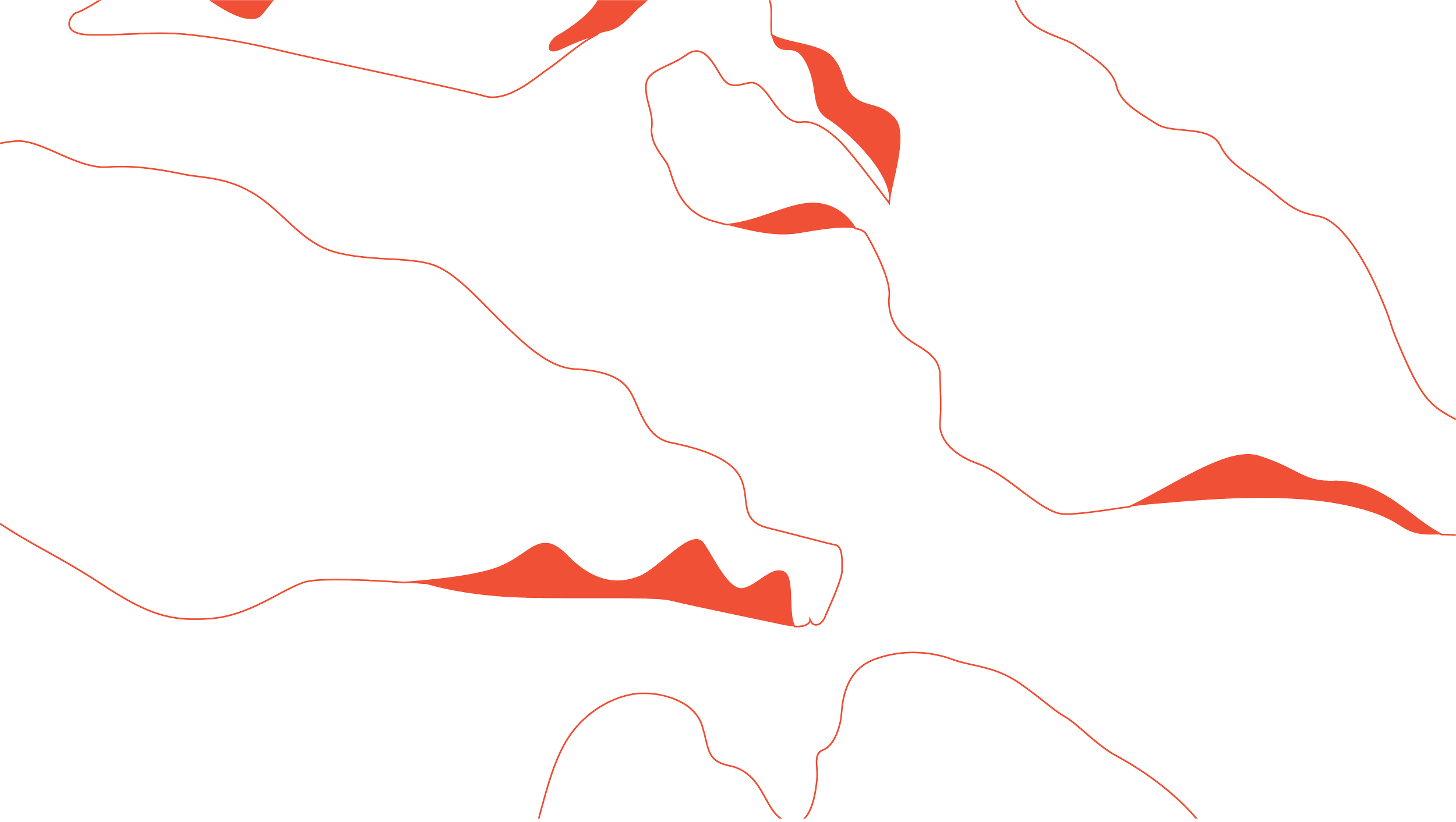
b. 1997, Kīhei, Maui, Hawai‘i; lives and works in Honolulu
Sancia Miala Shiba Nash is a filmmaker, weaver, and organizer from Kīhei, Maui, Hawai‘i, with ancestral roots in the Japanese archipelago. She works collaboratively through time-based media to amplify intersectional stories of place. Her interdisciplinary creative practice is guided by oral histories, archives, and acts of translation. Her individual and collective work has been presented at community-venues, museum theatres, film festivals, and biennials/triennials including: Aupuni Space, Arts & Letters Nuʻuanu, Honolulu Museum of Art, Doris Duke Theatre, MoMA’s Doc Fortnight, Hawaiʻi International Film Festival, and Singapore Biennale.
In 2020, Sancia Miala co-founded with her partner, artist Drew Kahuʻāina Broderick, kekahi wahi, a grassroots film initiative committed to documenting transformations across Hawaiʻi and sharing stories of Moananui. kekahi wahi’s most recent project, i nā kiʻi ma mua, nā kiʻi ma hope, is an eight part screening series, presenting over 40 documentary and experimental films made between 1977 and 2024. Encouraging unexpected connections across media formats, practices, movements, and generations, the screening series challenges mainstream cinema’s treatment of Hawaiʻi and calls for increased support of artist-filmmakers across the archipelago.
Sancia Miala’s past films include: Ka moʻopuna i ke alo, The grandchild in the presence (2021), a short film honoring the life of Native Hawaiian scholar, educator, and composer Mary Kawena Pukui, produced by the Hawaiʻi Council for the Humanities; and bakufuu hinoumi: bomb wind ocean fire (2020), a short film documenting her maternal grandfather’s experience as a survivor of the Tokyo air raids of 1945.
Her projects in development include: Honuaʻula whose shoulders are pummelled by the Moaʻe wind, a short film weaving together generational stories and huakaʻi in Honuaʻula, a moku bordering her hometown on the island of Maui; Sovereign, a feature length documentary in collaboration with filmmaker and educator Noah Keone Viernes about Keʻeaumoku Kapu, a Kanaka ʻŌiwi community leader and activist who reclaimed his kuleana lands in Kauaʻula Valley, Maui; and Kuroshio, a series of short vignettes tracing relationships between the Japanese and Hawaiian archipelagos through ocean currents, oral traditions, and international relations.



